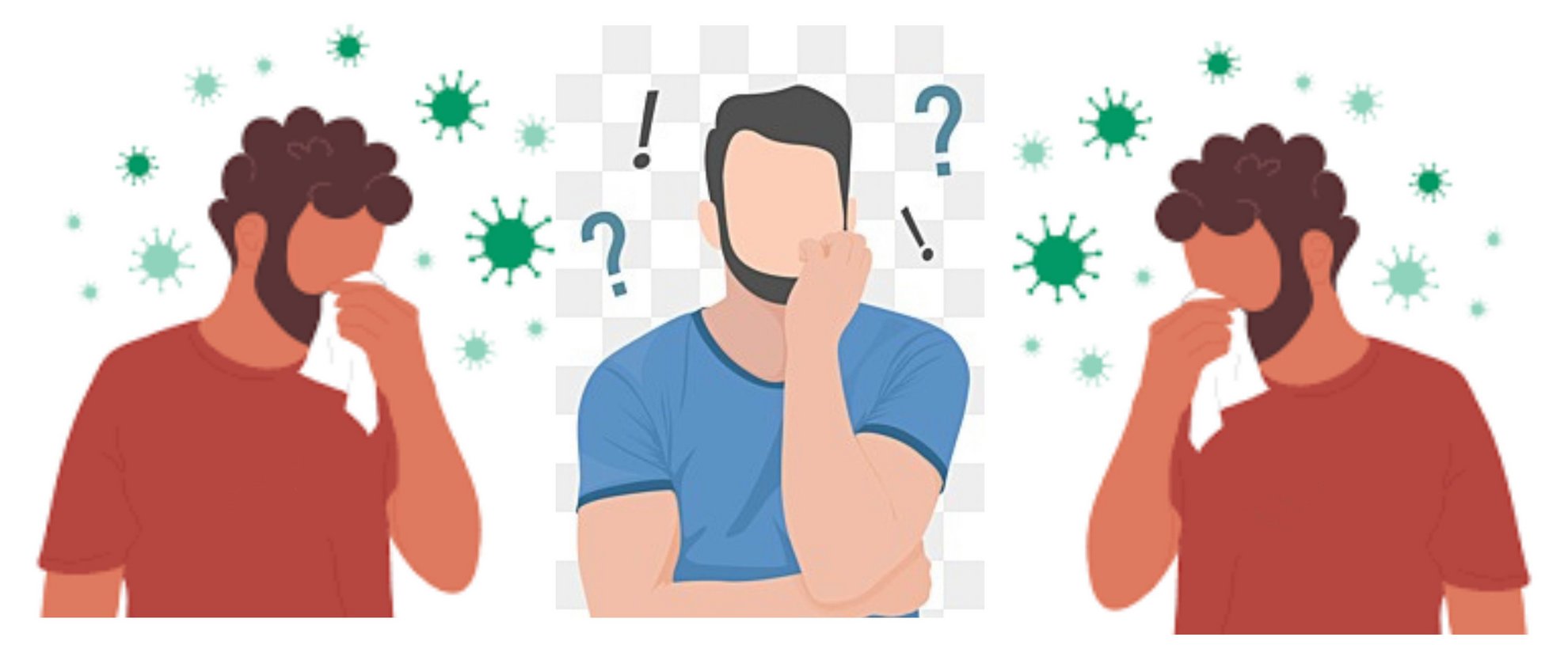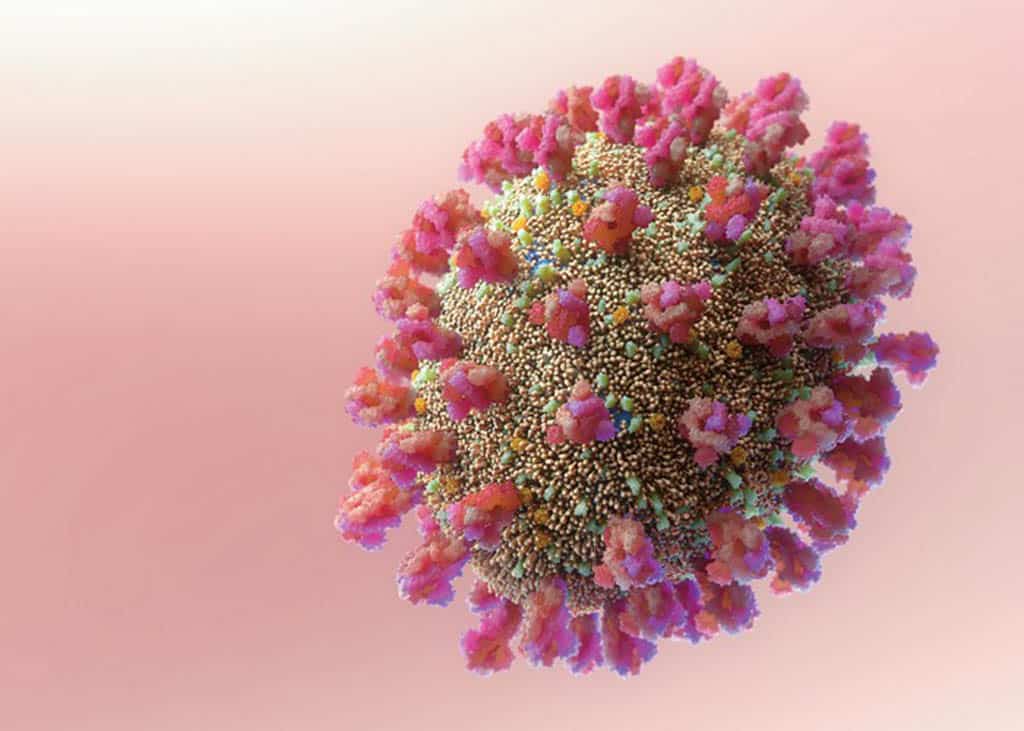The Cyprus residents who have remained coronavirus-free for three years
“Will this jinx me?” asks Sara. “If you write about me not having had Covid, will I catch it next week?!”
She’s joking of course. Although, in that the Paphos-based retiree is one of the increasingly few Cyprus residents who has not yet contracted the coronavirus, there’s a method to her madness. But we’ll come to that in a minute.
At the time of writing, there have been a reported 756,411,740 global cases of coronavirus according to the World Health Organisation. Given that the world population has just topped 8 billion, that’s not too bad – approximately 10 per cent of humanity. But many of those could be the same people on their second or third bout. And, suggests WHO, millions of cases may have gone undocumented, especially in less-developed nations.
Of the recorded cases, the vast majority have recovered. Nearly 7 million did not. The biggest spike in cases occurred in the first three months of 2022, with a world high around January 20 last year: nearly 4 million cases were reported in the space of 24 hours.
By mid-February 2023, global cases were at roughly 150,000 per day. Many are people who have now contracted Covid multiple times.
“I’m currently on my third bout,” says Karl, a Nicosia truck driver. “Even when we had lockdowns, I still had to work. I’m near people all day long; we’re loading and unloading, looking at clipboards and delivery forms, sharing coffee. Right from the start I knew I’d either have to give up my good health or give up my job.”
At the other end of the spectrum, we get people who have never had Covid at all. “Yes, we do exist,” says Sara. “But we’re very rare – especially in Cyprus I think.”
According to the ministry of health, just under 650,000 cases of coronavirus have been confirmed in Cyprus since the pandemic began; 1,297 of those infected passed away. The rest survived, although 70 per cent of those who caught he virus early on reported at least one long Covid symptom up to a year after their recovery. At the time of writing, the island has roughly 1,500 individuals who are currently testing Covid positive; just over 10 of those are said to be in serious condition.
Cyprus has an incidence rate of 527,646 cases per 1 million people; a number that puts the island in the top 25 countries worldwide, just after Latvia in 21st place and just ahead of Israel in 23rd. Everyone from government medics to the-man-on-the-street has a hypothesis on why this should be. Similarly, those who have thus far avoided Covid all have their own, differing theories…
“Cyprus is such a social island,” says Costaki, who has never tested positive for Covid. “Large gatherings, family celebrations, community living – they’re the norm. And we’re a tactile people too: true Mediterraneans in the sense that we’re touchy-feely, we kiss a lot, we don’t really have such a thing as personal space.”
When the pandemic began, Costaki made it very clear to friends and family that he was going to change his style of interaction. “I remember saying to my sister ‘No! I’m not going to kiss your new baby – for his sake and mine.’ She’s still holding a grudge. But I’ve never had corona!”
While maintaining personal space has worked thus far for Costaki, others have relied on excessive hygiene and serious social distancing. “From Day 1, it was hand gel, hand washing, and face protection for us,” says 57-year-old Nita from Larnaca. “My husband and I wear masks even for a visit to the kiosk, and we try really hard to maintain social distancing. Both of us work remotely, so we haven’t had to worry about the office spread. And neither of us are particularly social; we’re a bit past our days of pubbing and clubbing, and we’re more into tea for two than dinner for twelve!”
While Nita acknowledges this routine would have been a lot harder if the couple had kids – “every family I know with children in the house has had Covid at least once” – she admits the ongoing hygiene can be challenging. “Sometimes I think we should just catch the virus and be done with it!” she exclaims. “But my husband has a number of medical conditions; corona could be very dangerous to him.”
Of course there are those who haven’t changed a thing and yet remain Covid-free. Mohammed, a delivery driver in Nicosia, suggests it’s his religion that has protected him. “Inshallah,” he says. “If Allah wills it, I will have Covid. But He has protected me; I pray to Him that I need to work to make money for my family in Bangladesh, and He has kept me safe.”
Dora, a stay-at-home mum in Ayia Napa, has also managed to dodge the virus: “I did have a really nasty flu about a year ago, and all the symptoms – I lost my sense of taste and smell for a while. And yet every test I did was negative!”
Meanwhile, in Limassol, 34-year-old Harris maintains that he has “taken minimal precautions. My life is pretty much back to what it was before the pandemic,” says the lawyer. “I go out, I travel, I party. And I never wear a mask. Yet, even when my live-in girlfriend caught Covid, I continued to test negative. I mean we were sleeping in the same bed, sharing the same bathroom…”
Neither Harris’ parents nor his sister have succumbed: “I know it’s no guarantee of protection, but we are all pretty healthy, sporty people who eat well. I can only conclude it must be something in the genes.”
But the last word goes to Sara. “You can cite distancing, hygiene, religion, genetics as much as you want. You can talk about protective levels of vitamin D and zinc; debate the efficacy of vaccines till the cows come home. At the end of the day, I think it all comes down to one thing: luck. Call it coincidence, call it serendipity; I reckon I’ve just never been in the wrong place at the wrong time next to the wrong person. I’ve been very lucky,” she concludes. “But I guess you can only roll black so many times before you get red…”








Click here to change your cookie preferences